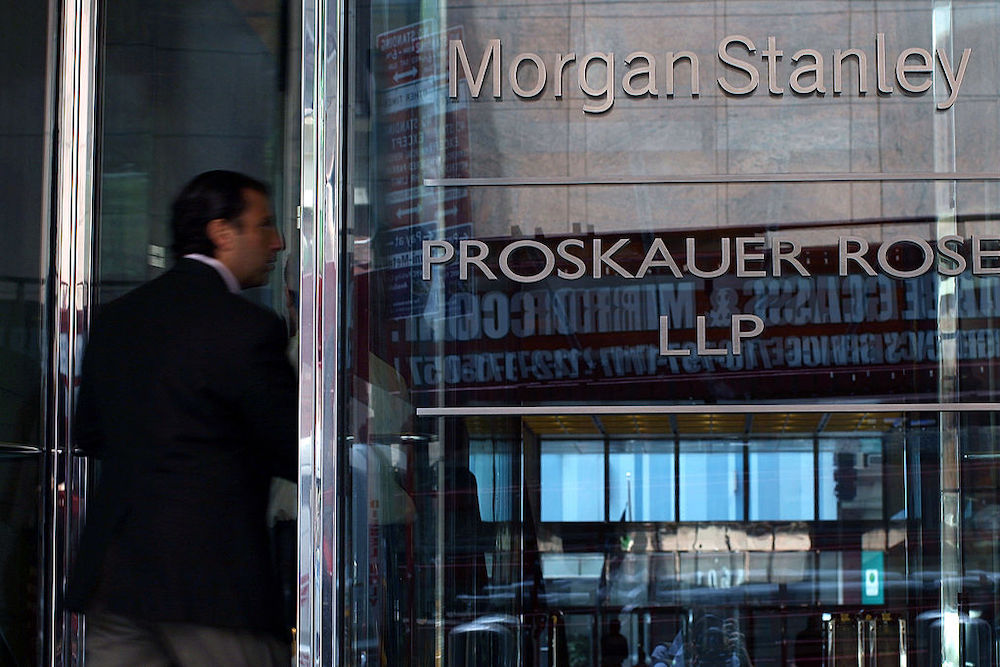- Impact investors with liquidity may want to hold onto cash while at the same time waiting for long-term investments to play out.
- Hoarding cash will give impact investors the option to pounce on new opportunities and ventures that arise from the pandemic.
- Sustainable funds outperformed conventional funds in the first quarter, even as the broader market plummeted, according to Morningstar.
The best bet for impact investors right now might be not to trade at all.
After the stock market’s rollercoaster of the past couple of months, some big-name investors like Mark Cuban are arguing that cash is king. Many other people are apparently on the same wavelength, as businesses and consumers deposited a record $1 trillion in U.S. banks in the first quarter as the coronavirus crisis began to rage, The Wall Street Journal reported.
In the sustainability space, where many investments take years to materialize, the strategy may be twofold: Keep the cash if you’ve got it — because new opportunities are likely around the corner — but otherwise, hold on tight.
“There’s not much liquidity out there, but if people can be in cash, I think they’re going to sit there,” Michael Scanlon, managing director of Marketing and Capital Introduction at Silver Leaf Partners, told Karma. “Impact investors are affected like everybody is, but they’re not in a short-term trade. Long-term and short-term are two different games. What you see on TV is mostly short-term.”
Cuban’s strategy to hoard cash right now has a corollary — being able to use it to invest in companies that emerge from the crisis.
“When we look back in 10 years, there’s going to be some amazing companies created — and having access to cash, or having cash, is going to give me an opportunity to invest in them,” he said on “The Pomp Podcast.”
It’s likely that at least some investment opportunities will be sustainability startups, after sustainable funds outperformed conventional ones in the first quarter.
Net inflows into U.S. sustainable funds hit a record $10.5 billion in the first quarter, according to Jon Hale, Morningstar’s head of sustainability research. A big chunk of that — about 60% — came from BlackRock, which announced in January that sustainability would be its new standard for investing. However, flows declined each month of the quarter — from a monthly record of $5.2 billion in January to $3.7 billion in February and $1.6 billion in March — as the crisis grew.
“Sustainable funds are on track to eclipse last year’s mark, even considering that the ongoing pandemic could still wreak havoc with fund flows for the rest of 2020,” Hale wrote. “From a performance standpoint, sustainable funds held up better than conventional funds in the first quarter, which is likely to help the group attract more flows going forward.”
Make no mistake, though, some aspects of the sustainability space are getting hammered. The private-equity industry uses mark-to-market rules to account for assets, meaning it has to calculate the “fair market” value of assets, which in recent weeks have taken a beating.
Blackstone Group, for example, saw an increase in its first-quarter earnings while at the same time reporting a 21.6% drop in the value of its private-equity funds because of the accounting rules. Blackstone launched an impact investment platform last year as part of its Strategic Partners Group, with assets of $28 billion at the time.
And venture capital investment has slowed, with PitchBook forecasting that many venture-capital funds are likely to focus on supporting their existing portfolio companies this year.
But Scanlon said he sees “a fair amount” of venture capital going into green agriculture and healthcare. And impact investors are already pouring money into drug research as the COVID-19 pandemic offers new opportunities.
“Institutional impact investors are right now just trying to make sense of what’s happened and figure out what they own,” Scanlon said. “What you own, you basically have to live with.”
Photo by Spencer Platt/Getty Images






















